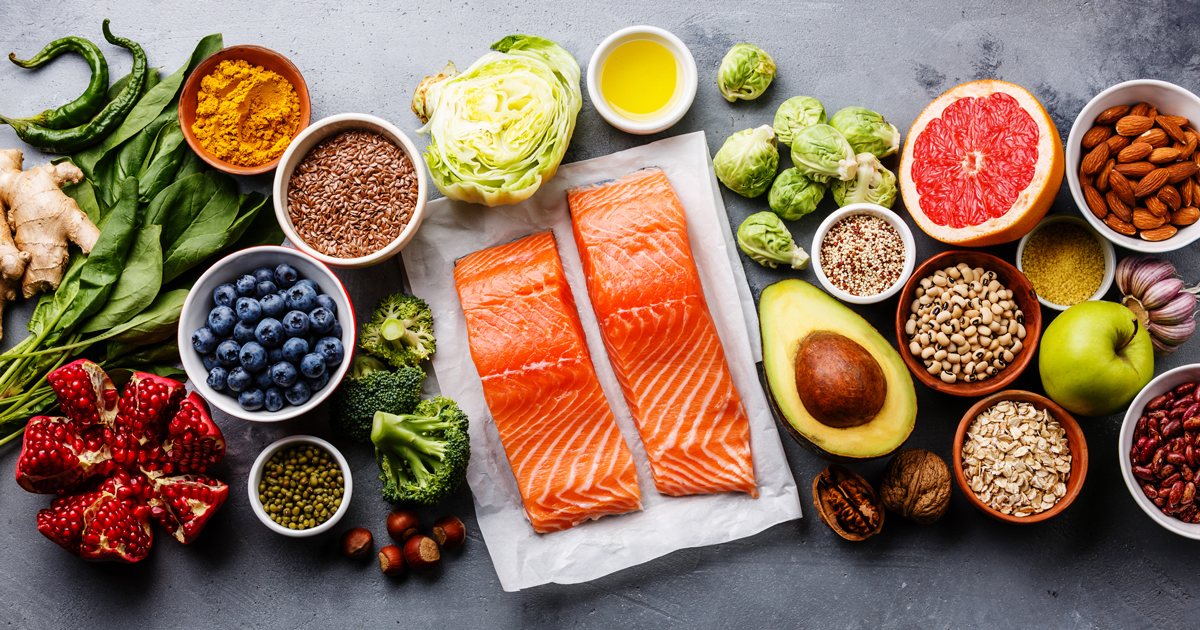The Top 10 Superfoods for Optimal Health
In the quest for optimal health and wellness, the term “superfood” has become a popular buzzword in the world of nutrition and healthy eating. Superfoods are foods that are exceptionally rich in vitamins, minerals, antioxidants, and other nutrients that are beneficial for one’s health. Incorporating these nutrient powerhouses into your diet can provide a wide range of health benefits, from boosting the immune system to improving heart health. Here, we explore the top 10 superfoods that you should consider adding to your diet for a healthier lifestyle.
1. Berries
Berries, such as blueberries, strawberries, raspberries, and blackberries, are packed with vitamins, fiber, and particularly high levels of antioxidants. They have been shown to reduce inflammation and decrease the risk of heart disease, diabetes, and other chronic illnesses. Blueberries, for instance, contain high levels of flavonoids, which have been linked to improved brain function and slower rates of cognitive decline.
2. Leafy Greens
Leafy greens like spinach, kale, and Swiss chard are loaded with vitamins A, C, E, and K, and contain an abundance of calcium, iron, potassium, and magnesium. They are also high in fiber, which aids in digestion and promotes gut health. These greens have been associated with reduced risk of chronic illnesses, including heart disease and type 2 diabetes.
3. Nuts and Seeds
Nuts and seeds are excellent sources of protein, healthy fats, fibers, vitamins, and minerals. Almonds, walnuts, chia seeds, flaxseeds, and pumpkin seeds, for example, contain omega-3 fatty acids, which are beneficial for heart health. They also provide antioxidants that help in controlling inflammation and protecting against oxidative stress.
4. Avocado
Avocados are rich in healthy monounsaturated fats, which are good for heart health. They also provide essential nutrients, including potassium, B-vitamins, and vitamin E. Avocados are beneficial for controlling blood pressure, reducing bad cholesterol levels, and enhancing the absorption of other nutrients.
5. Quinoa
Quinoa is a gluten-free grain that is high in protein and one of the few plant foods that contain all nine essential amino acids. It is also rich in fiber, B-vitamins, magnesium, iron, potassium, calcium, phosphorus, and vitamin E. Quinoa’s high fiber and protein content make it a great food for weight management and improving metabolic health.
6. Dark Chocolate
Dark chocolate, particularly those varieties containing at least 70% cocoa, is loaded with antioxidants, namely flavonoids. It has been linked to a variety of health benefits, including improved heart health, brain function, and mood. Dark chocolate is also rich in iron, magnesium, copper, and manganese.
7. Garlic
Garlic is renowned for its health benefits. It contains bioactive compounds that have been shown to improve immune function and reduce the risk of certain cancers. Garlic is also beneficial for cardiovascular health, as it helps to lower blood pressure and cholesterol levels.
8. Turmeric
Turmeric is a spice known for its anti-inflammatory and antioxidant properties, primarily due to its active compound curcumin. It has been linked to brain health, including reducing the risk of Alzheimer’s disease, and is also beneficial for relieving arthritis pain and improving liver function.
9. Salmon
Salmon is one of the best sources of omega-3 fatty acids, which are essential for maintaining heart health, reducing inflammation, and supporting brain health. It is also a great source of high-quality protein and contains a variety of vitamins and minerals, including B-vitamins, potassium, and selenium.
10. Sweet Potatoes
Sweet potatoes are rich in beta-carotene, a type of vitamin A, which is important for eye health, immune function, and skin health. They are also a good source of vitamins C and B6, potassium, and fiber. The high fiber content in sweet potatoes helps in regulating blood sugar levels and promotes gut health.
Conclusion
Incorporating these superfoods into your diet can contribute significantly to your health and well-being. However, it’s important to remember that no single food holds the key to good health or disease prevention. A balanced diet, combining a variety of nutrients from different sources, is the most effective way to maintain a healthy body and mind. Always strive for a colorful and varied diet to ensure you’re getting a wide range of essential nutrients.














Post Comment